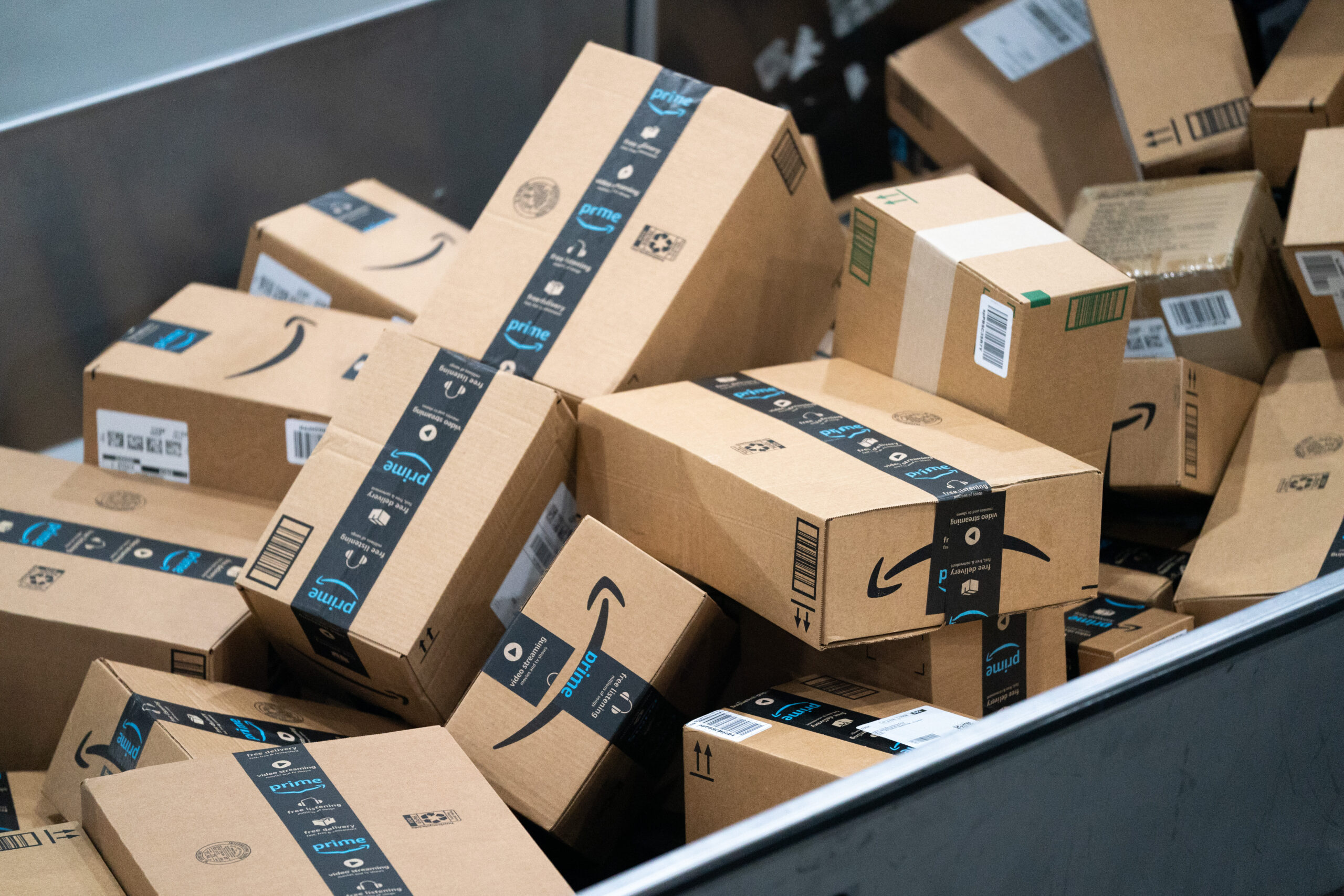
The US Consumer Product Safety Commission (CPSC) has ruled that Amazon is legally responsible for recalling hazardous products sold by third-party sellers on its platform.
In a unanimous decision, the CPSC declared that Amazon qualifies as a distributor of goods, thus bearing the responsibility for more than 400,000 items deemed a “substantial product hazard.” These products include malfunctioning carbon monoxide detectors, hair dryers without electrocution safeguards, and children’s sleepwear failing to meet federal flammability standards.
Amazon Must Act on Product Hazards
Amazon is now required to develop a comprehensive plan to notify consumers and the public about these product hazards. This plan must include offering refunds or replacements for the faulty items.
The CPSC criticized Amazon’s previous actions as insufficient, noting that the company had only:
- Removed the flagged products from its marketplace
- Prohibited their sale to prevent further purchases
- Notified buyers about the potential dangers associated with these items
The commission emphasized that Amazon should have provided refunds to incentivize consumers to return or destroy the hazardous products.
Judge’s Ruling on Amazon’s Obligations
An administrative law judge dismissed Amazon’s argument that it should be classified merely as a third-party logistics provider, pointing to the Fulfilled by Amazon program, where sellers send their inventory to the company’s warehouses, and the products are stored until purchased.
The judge highlighted that this program gives Amazon “far-reaching control” over the products sold on its platform. “Amazon cannot sidestep its obligations under the [Consumer Product Safety Act] simply because some portion of its extensive services involve logistics,” the judge stated, emphasizing the company’s responsibilities under the CPSA.
This decision addresses a longstanding issue Amazon has faced, where the company has argued that it merely acts as an intermediary between sellers and buyers, thus not being liable for products sold by third-party sellers. The CPSC’s lawsuit, filed in 2021, challenged this defense, focusing on the need for Amazon to take responsibility for unsafe products sold on its platform.
This ruling also coincides with similar regulatory actions taken by the Department of Justice (DOJ) against eBay. In September 2023, the DOJ sued eBay for selling environmentally unsafe materials, and in January 2024, eBay settled for $59 million over the sale of pill press machines.
Amazon’s marketplace, which accounts for about 60% of its e-commerce sales, has been criticized for hosting counterfeit, unsafe, and expired goods. Despite investing hundreds of millions of dollars annually in product safety measures, the recent CPSC ruling underscores the regulatory expectation that Amazon must do more to protect consumers.
Featured Image courtesy of Sean Rayford/Getty Images
Follow us for the latest news on Amazon.
